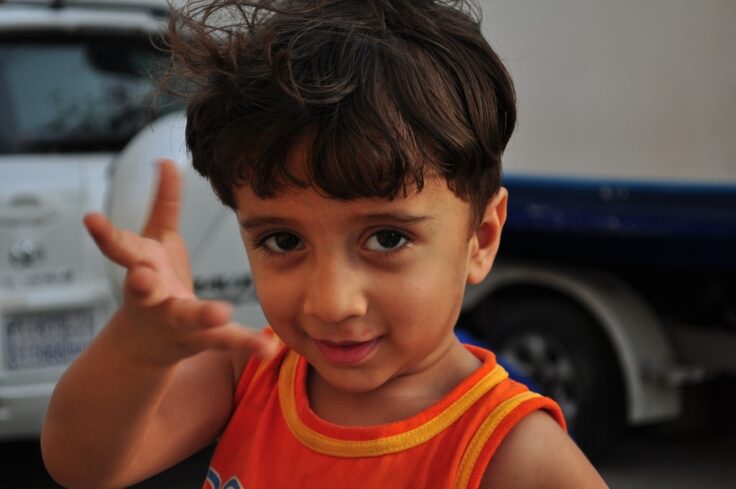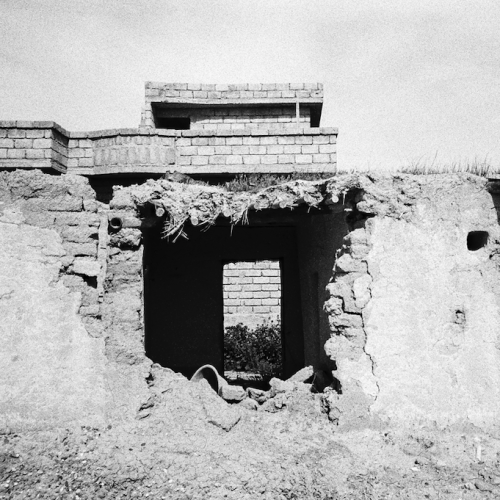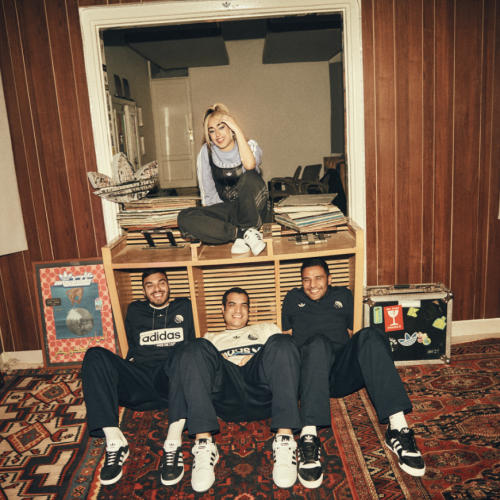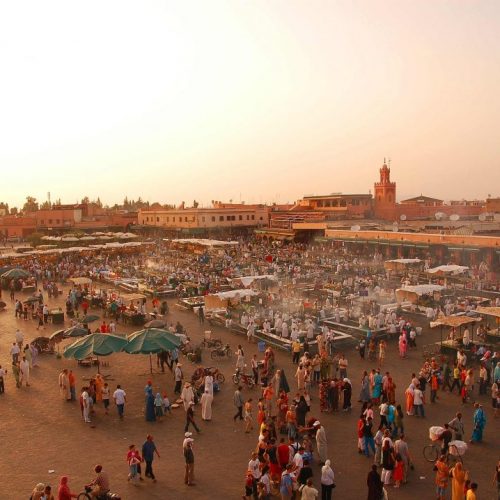Speaking at length, the word “Arab” is usually thrown around to loosely refer to anyone who speaks Arabic as their mother tongue, whether they’re from Rabat or Baghdad. Although the appellation serves as an umbrella term to designate a certain category of people (read: those living in the so-called MENA region), it’s worth remembering that each country hones a culture of its own, that carries its own nuances, differentiating itself from its neighboring country.
From one end of the Arab World to the other, apart from a few exceptions, we don’t have that much in common. Try asking for Om Ali in Morocco—you’ll probably end up getting some next guy’s mom walk out the door instead of being served one of Egypt’s most popular desserts. In Jordan, Cheb Hasni is regarded as just another singer rather than the icon that he is in his native Algeria. As a matter of fact, this same logic applies to plenty of gestures that will have two polarizing meanings and levels of importance depending on where you are in the region.
For those that haven’t been able to pull an Ibn Battuta across the Middle East, we’ve compiled a list of five (at first hand innocent) gestures, sayings, and greetings you might actually want to avoid if you want to cross regional borders in peace.
Don’t show the soles of your feet
Whenever you want to sit down, make sure you’re not pointing the sole of your foot towards someone’s face. It’s seen as a very inappropriate gesture as the body part is the “lowest” of the human body and therefore the dirtiest as your soles touch the ground first. Although in some places this won’t be such a big deal, anywhere from Egypt and beyond, it can get you into a decent bit of trouble. So, next time you cross your legs, do so with caution, ladies and gents.
Be careful how you bless someone
We all know how rich the Arabic language is— it’s almost as if each governorate inside each country has its own dialect. As you can imagine, from one end of the region to the other, the same word can have two completely different meanings. For instance, in North Africa, especially in the Maghreb, “3afia” means “fire” or ”flame,” whereas it’s used as an expression of well-wishes and blessings in the rest of the Middle East. As you can imagine, depending on where you are, saying “God bless you” can literally mean “May God give you fire,” so best believe that any other greeting will be better welcomed than that one— at least in Morocco.
Sitting in the back of a cab
In the Middle East, calling shot gun rules! Sitting in the back of a taxi is often considered rude as it can imply that the driver is not worth chatting to nor interesting enough for you to engage with. It establishes a tacit power imbalance in which you, the client, is commanding the driver and although in practice that is quite literally what’s going on, owning up to it is not the most reasonable thing to do (except if you’re a woman).
Eye Contact
Eye contact in the GCC is essentially a test of manliness. It’s common for people to stare at you, usually as a way of establishing if you’re a “man” or not. Basically it’s a game of chicken rooted in toxic masculinity, and if you look away it means that you’re weak. Meanwhile, if you hold your stare for too long, it’s pretty much a fight waiting to happen. My favorite thing to do is get close to them and act like I’m going to say or do something, then drop a salam alaikum just to trigger that person.









